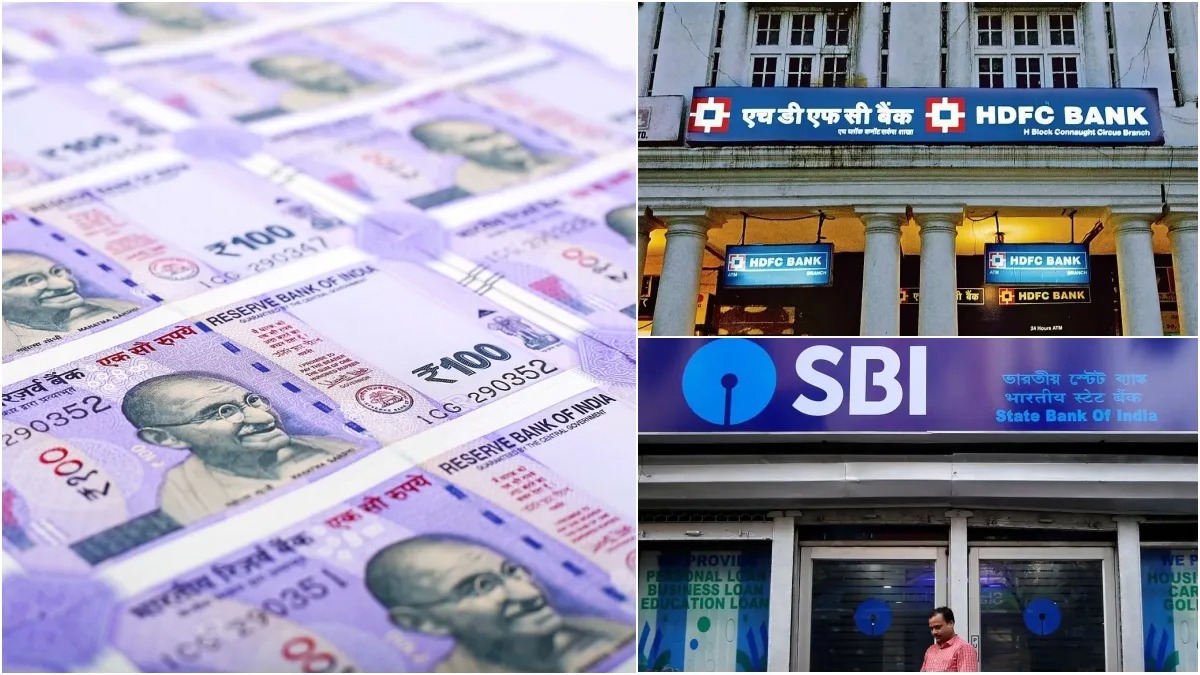

Income tax rule: You must have ever wondered how much maximum money can be kept in a savings account. One question that also remains in people’s mind is how much cash can be taken from a person in a day. Today we will answer both these questions. Personal finance experts say that according to the Income Tax Rules, the total cash deposit or withdrawal in a savings account during 1 financial year should not exceed Rs 10 lakh. Apart from this, according to section 269ST, a person cannot take a total of Rs 2 lakh or more in cash from a person in a single transaction or in transactions related to an event in a day. If there is a total cash deposit of more than Rs 10 lakh in all your savings accounts in a financial year i.e. between April 1 and March 31, then the Income Tax Department should be informed. Banks have to disclose such transactions, even if they are spread across multiple accounts.
High value transactions
Now the question is, what will happen if more than Rs 10 lakh cash comes into your savings account in a financial year? Any amount above this limit will be considered a high value transaction. Banks or financial institutions will have to inform the Income Tax Department about this under Section 114B of the Income Tax Act, 1962. Apart from this, you will have to provide PAN number to deposit more than Rs 50 thousand in a day. If you do not have a PAN, then you will have to submit Form 60/61 as an alternative.
How to respond to income tax notice?
To respond to an income tax notice related to high value transactions, you must have sufficient evidence to support your claim regarding the source of funds. These can be bank statements, investment records and inheritance documents. If you are unsure or concerned about the source of cash, you can consult a tax advisor.
Read More: RBI’s KCC Overhaul Why Your Kisan Credit Card Tenure is Now 6 Years

 Share
Share



